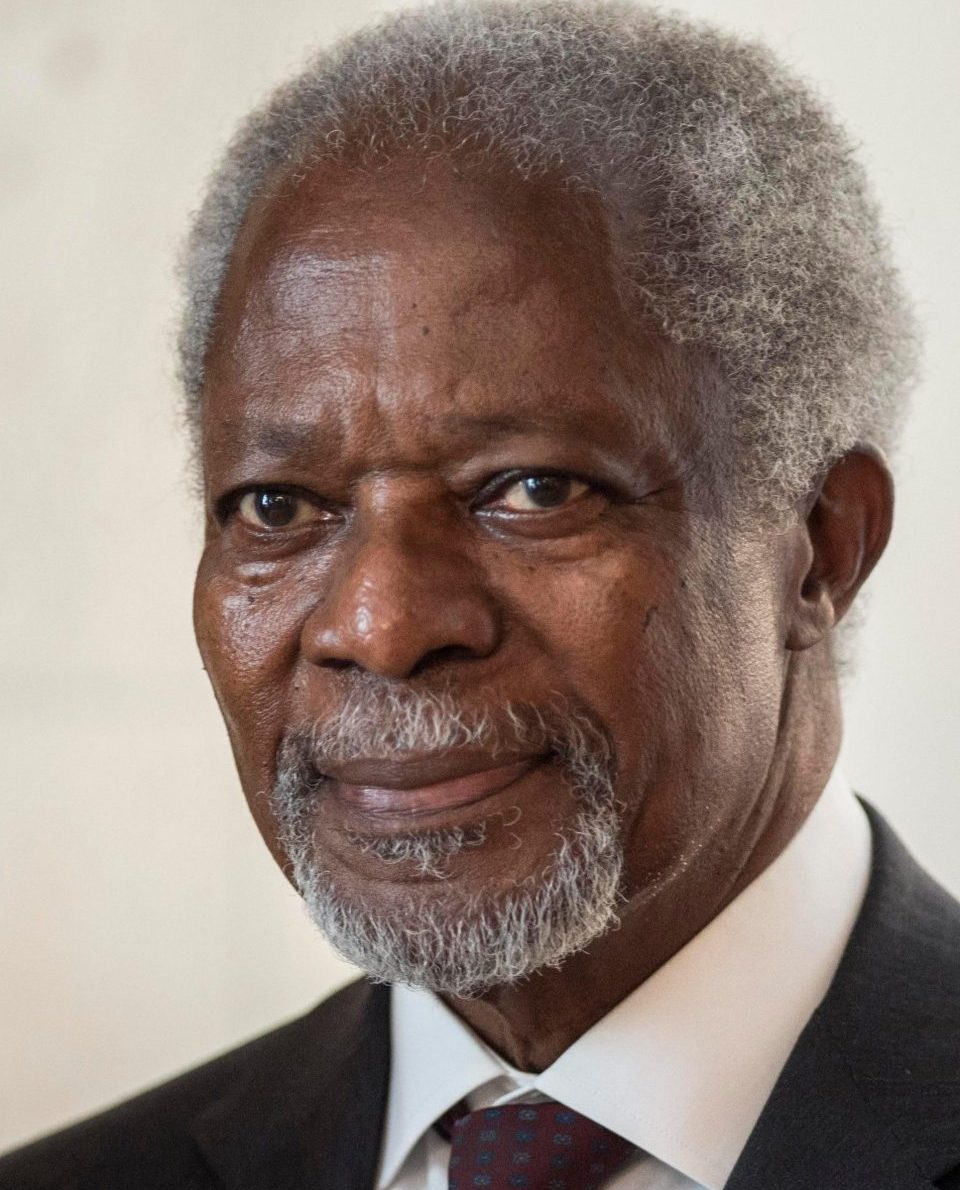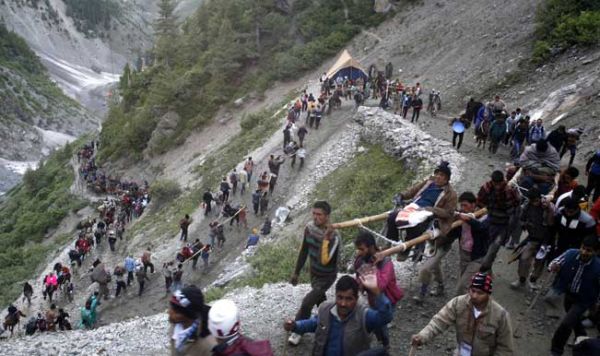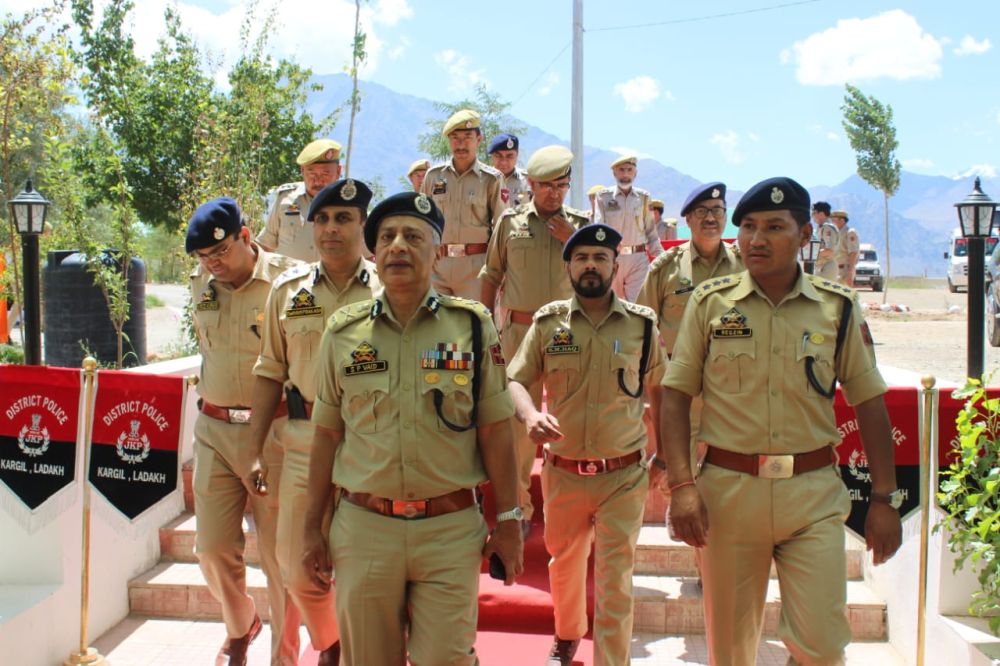BY: ARUTI KANYINGA
I must admit it is difficult to pen a tribute to someone who has just passed on. It is difficult to do so especially if the person was central to your life, career, and outlook in life.
And it is not about whether the person has ‘passed on’ or ‘passed away’. It is simply because the person has died. It is difficult to relate to the death of someone who has been dear to your life and career.
This is the position I find myself in. When asked whether I was in a position to write a tribute on ‘my time’ with Kofi Annan, I reacted with hesitation. I did not want to say ‘yes’ or ‘no’ because I had to fully understand what his death meant.
Or indeed whether the source of the death is authoritative or not. And indeed this is what I learnt throughout my interaction with Mr Kofi Annan from 2008 to 2013 in Kenya and several years later.
You act on basis of strong information and good evidence and knowledge about something. Kofi would take action on issue after understanding the issue and weighing its meaning and implication.
VIOLENCE
To agree to write this piece, therefore, resulted from one simple approach. I called several friends across Africa with whom I worked and those who continued to work with him in Geneva. Few answered my calls while others sent a message that ‘I can’t speak now’. Those who answered calls reacted in the same manner. They were ‘quiet’ on the other end.
I began interactions with KA, as we referred to him, during the Kenya Dialogue and Reconciliation (KNDR) process. This is the dialogue that ended the post-2007 election violence.
This is the dialogue process that Mr Kofi Annan so well chaired that both the government under President Mwai Kibaki and the opposition led by former Prime Minister Raila Odinga agreed to submit to its recommendations for a better Kenya.
Mr Annan’s approach to the dialogue process saw men and women involved in the process submit to his authority with great ease. The leaders involved in the negotiation process would shout tough in public rallies and in the presence of the cameras. But they would humble themselves later when they met with Mr Annan. He would always begin by saying, “Kenya is bigger than all of you — so let us listen to each other” … or “think about those ordinary poor citizens who are looking upon you for solutions”. These words would soften the hardliners.
SIMPLE LANGUAGE
Away from cameras, his diplomatic and simple language, and few words would soften the positions taken by hardliners. His quiet, simple and humble demeanour would disarm even those who had a reputation for hostile language in the presence of the cameras.
I came to work with Mr Annan closely during the monitoring of implementation of reforms initiated under the KNDR process. Indeed the Constitution of Kenya 2010, including devolution of power and resources resulted from his initiatives. Although many will today shy away from giving Mr Annan credit for these initiatives, it is him and his approach to issues that initiated these reforms. He approached the causes of violence in Kenya as if he had lived in Kenya’s violent past.
He would warn the political elites that they risked losing everything. That ordinary citizens will turn against them if the leaders did not address the challenges that wanainchi faced.
ADEQUATE INFORMATION
During the monitoring process, he would insist on evidence for all the statements in our research. He would not speak without data and adequate information. He would not get to a press conference with a statement whose words he had not read, edited and counter edited. Every word would be measured, reviewed, and counter reviewed to ensure it communicated appropriately and that it focused on improving the future of Kenya.
The leaders easily submitted to Kofi Annan led reforms. His initiatives led to to the making of a new constitution in 2010.
He helped form the coalition government to which he would present findings on key reforms.
REMAINED FOCUSED
He would point at weaker areas and leaders would agree on how to implement them.
Because of these initiatives, Mr. Kofi Annan remained highly rated in Kenya between 2008 and 2013. He was the most ‘highly trusted’ person in the country. More than 75 per cent of Kenyans had trust and confidence in him. He pulled Kenya out of the brink and remained focused on the future of Kenya. He would have loved to see a better and a democratic Kenya.
Prof Kanyinga is based at the Institute for Development Studies (IDS), University of Nairobi; karutik@gmail.com
Courtesy www.nation.co.ke





